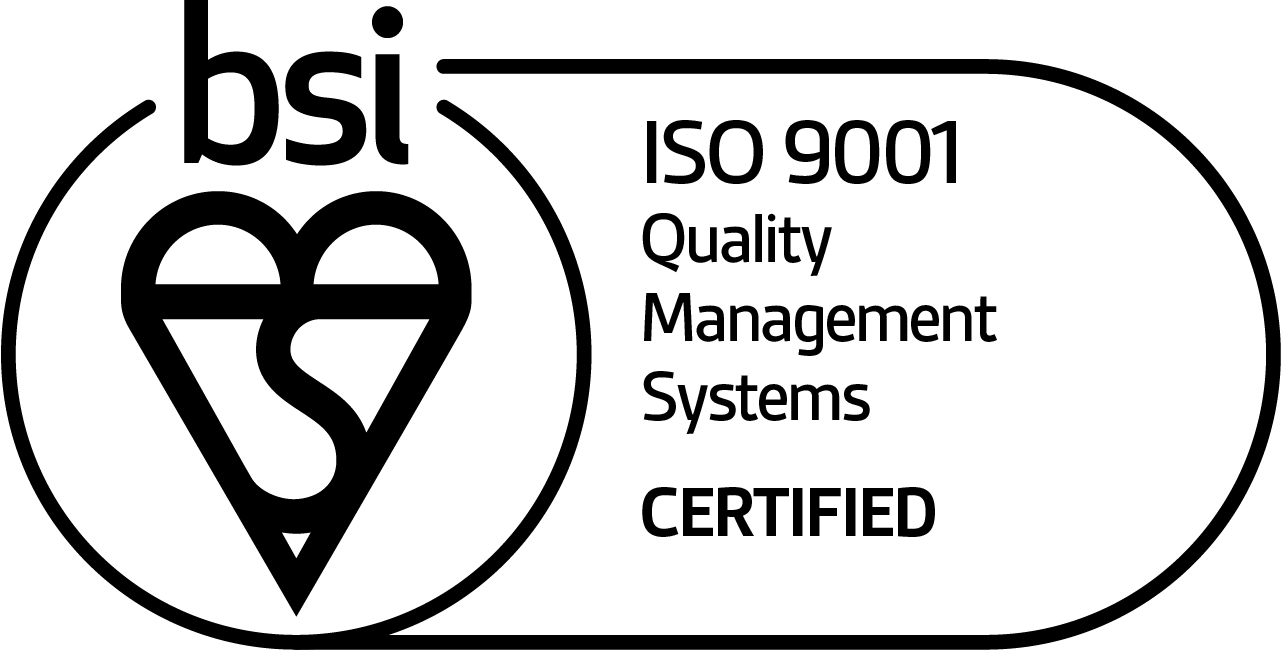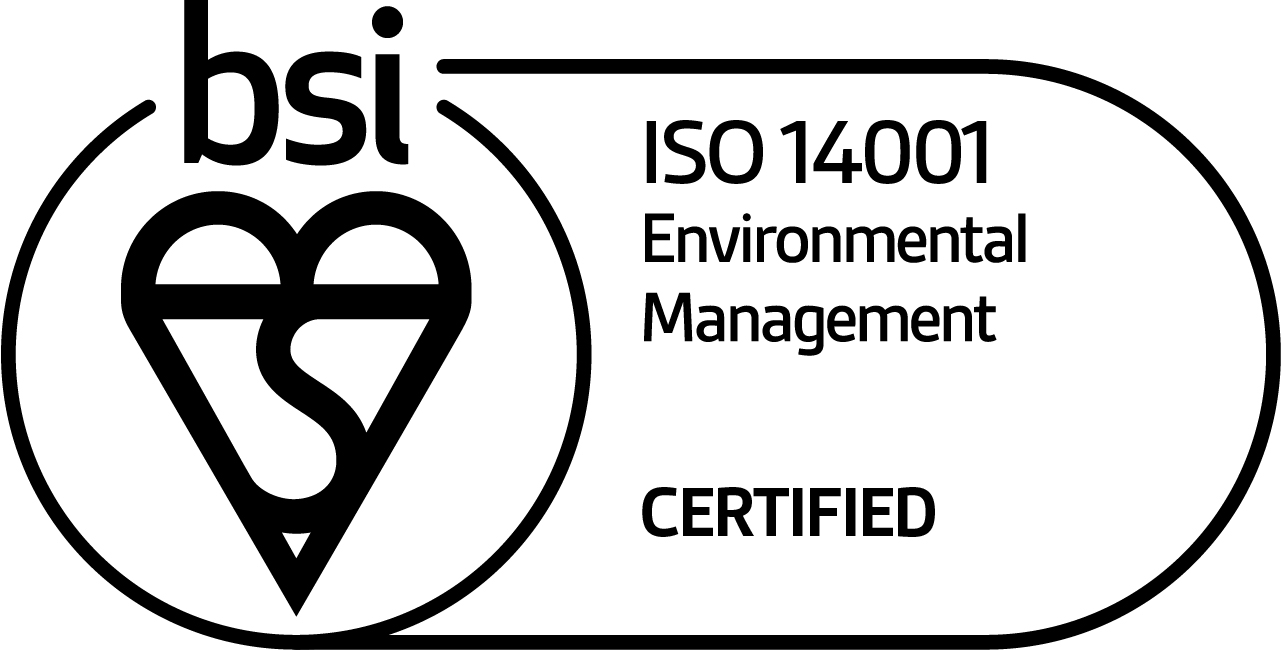Another budget and another chance missed. Irrespective of who delivers it, the political focus remains on the familiar budgetary elements such as health, education, social welfare, tobacco and alcohol while ignoring the “Global Challenge of our Generation” (as per Mr. Denis Naughten, TD, May 25 th 2016, speaking at a launch event for Local Authority Climate Change Adaptation Strategy Guidelines).
In October 2017, the Citizens Assembly convened to consider climate change and how Ireland can become a leader. 13 questions appeared on the ballot and recommendations were reached by majority vote, see link to recommendations (www.citizensassembly.ie/en/submissions/)
One recommendation that stands out following the Budget 2019 is “80% of the Members said they would be willing to pay higher taxes on carbon intensive activities”. This seems to have been considered in the projected €10/T increase in carbon tax that was expected until its withdrawal at the 11 th hour. This withdrawal coincided with the publication of a UN report outlining that the window for limiting the carbon emitting change and damage to the Earth is closing FAST. We have just 12 years left to limit the catastrophe by keeping the average global temperature increase to 1.5 o C. Make no mistake, this is the best of a bad scenario; the risk of drought, floods, extreme heat and poverty still remains for hundreds of millions of people. This is a risk to future generations. Another burden we will impose on our children and grandchildren. Ignoring the risk to life, the pure financial cost globally will be enormous, estimated to be $2.4Tn (that’s TRILLION) per year up to 2035.
Of this $2.4Tn, how much will it cost Ireland? This, we don’t know, however what what we do know is that Ireland is facing significant annual penalties estimated to be as much as €600m for missing renewable energy targets set for 2020. This is €600m that could have been spent on infrastructure, health, childcare, education and will come from our pockets in the form of tax increases. €600m that will need to be paid, while our targets and Climate Change obligation and responsibility remain. SEAI’s most recent study outlines that Ireland has an energy import dependency of 85%, estimated at a cost of €5.7Bn. Investment needs to be made immediately to play our part in mitigating a global problem, but investment in renewable energy and power generation will mean Ireland is more energy independent, less impacted by market fluctuation in oil & gas prices and that indigenous energy generation will mean less money spent on imported fossil fuel.
But why should Ireland do anything when the big polluters aren’t?
It is not a reasonable argument because:
a) Everyone has a role to play;
b) It is simply not the case
Although the EU might be considered the “early adopters” of renewable technology, the global leaders in investing in renewable energy are probably the most unlikely and latest adopters
China is the undisputed leader, accounting for 40% of the total global clean energy mix by 2022. This is due to meeting various capacity targets and concerns over air pollution. China has already surpassed its 2020 solar target, will meet its wind target in 2019 and is already the global leader in hydro, bioenergy (heat and power) and EVs.
Surprisingly, despite Donald Trump pulling out of the Paris Agreement, US is the second largest growth market. Renewable energy projects will benefit from multiyear federal tax incentives and state level policy for solar panels in the coming years. However tax reforms, international trade and reformed energy policies could hinder this growth.
In India, renewable energy is expected to more than double by 2022. Solar and wind represent 90% of India’s growth, which is the result of auctions for contracts to develop power generation capacity that have yielded some of the world’s lowest prices for both technologies. India has also improved grid integration and addresses the financial issues of its utilities. Because of these factors between now and 2022 India’s growth will be higher than the EUs.
Ireland presents itself as a progressive, educated, liberal, skilled society that survives on agriculture, tourism and foreign direct investment. These are all sectors that are particularly sensitive to Environmental Protection, yet this seems lost on politicians. The fact remains that Ireland are ranked 49 th globally (https://www.climate-change-performance-index.org/) and ranks 2 nd worst in Europe for Climate Change.
This is as a consequence of consecutive governments either too ignorant to commit to investment in Renewable Energy and Climate Action, or out of touch with the electorate deeming the issue not one of priority to the public. If the Citizens Assembly is a body, randomly selected to be broadly representative of the Irish electorate, then either the current composition of the Assembly is not representative or the government has ignored the electorate (again) and should pay the price. Our children will thank us.









